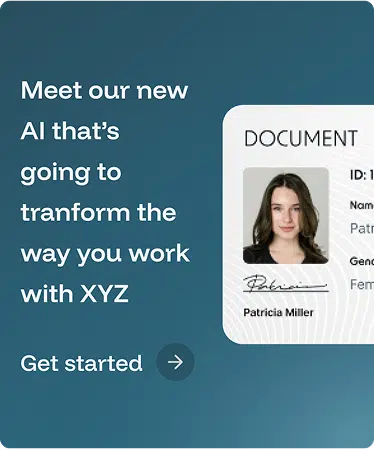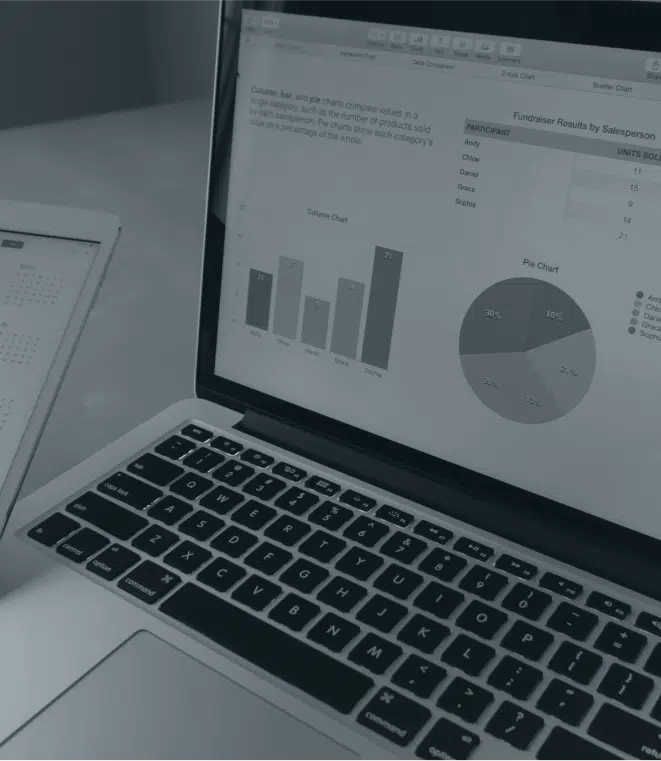So your desk is buried in paper, your shelves are overcrowded with stacks of documents, and you’ve carved out just enough space for your keyboard, mouse and coffee? It’s time to go paperless, not just for your own sanity, but to streamline the entire business. It’s the one move that saves time and space while gaining flexibility for your mobile workforce. When you’re ready to adopt paperless processes, consider these 4 steps:
1. Leverage the cloud for storage and search: Documents can be uploaded, viewed and edited only by those with permission. Google Drive is the easiest tool to begin implementing paperless storage and collaboration, though Evernote and Microsoft OneNote are also strong contenders. No matter which you choose, you’ll be able to easily find files using search functions, and no longer need to remember whether it was filed by name, subject or category – just enter what you need and let the system locate it for you. Then simply update, share or email the file as required. No more filing cabinets or archive rooms, just clutter-free workspaces, room to breathe, and possibly even lower overheads now that you could fit into a smaller office space. Digital files will also allow remote access, perfect for working on the go or telecommuting staff. Access files at any time using your secure login, on any device, from any location.
2. Provide training across the board: Establish ongoing training to ensure all workers are up to speed with the new system and the way you’d like things done. This is the time to set standards for file and folder names, new collaboration norms and security protocols. Long-term adoption will require cooperation from workers at all levels of the business, and training for everyone will go a long way towards success.
3. Scan necessary papers: The move towards digital files often requires a step back to scan necessary files into the system. Many of the office grade multifunction printers offer double-sided feed scanning, so you can quickly scan papers into the system and then dispose of the paper. Alternatively, you can obtain special scanning hardware like the Fujitsu Scansnaps. Any new paper documents can be scanned likewise, and even faxes can be set to accept digital files only. Each file will digitize to quite a small size, so running out of hard drive space shouldn’t be a concern.
4. Prioritize backups: The best way to prevent file and document loss is to have a robust backup system, including a regular off-site backup. Treat your backups as a vital insurance policy, so that your files are readily available and intact if required. Use your backups to address any issues as soon as they arise and keep your new paperless files well-managed and secure.
Ready to go paperless? We can help.



